by John Lotherington | Apr 6, 2016
John Lotherington reflects on the ongoing debate about the impact of the community-led flood defences in Pickering after the town was spared the flooding that hit large parts of northern England in late-2015. . . . As significant parts of northern England went under...
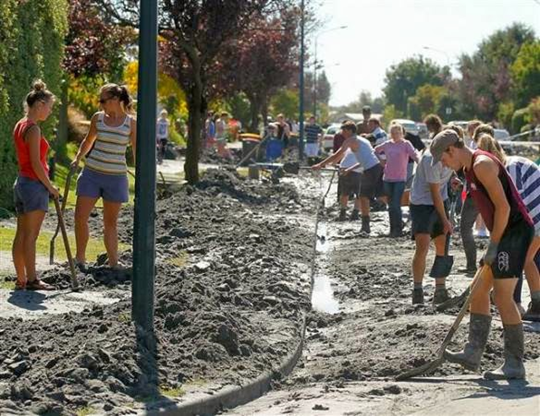
by Andrea Westall | Apr 4, 2016
Bronwyn Hayward argues that despite the New Zealand Government’s attempts to limit democracy after the 2010-2012 earthquakes – by breaching the Constitution and excluding local voices in decision-making – innovative citizen actions showed alternative, more...

by Andrea Westall | Apr 1, 2016
Akiko Nanami argues that after the Fukushima tragedy in 2011, many women defied cultural expectations to protect their children, creating a women’s collective movement through social media, the internet, workshops and petitions. However, “once again their...

by Andrea Westall | Apr 1, 2016
Lori Peek draws on her work following Hurricane Katrina in 2005 where she interviewed disaster-affected children and youth across the United States. She found: “that by helping others, children and youth are able to contribute to their own recovery, as well as...

by Andrea Westall | Apr 1, 2016
Marion Walker draws on research into the 2013/2014 UK floods to argue that “by understanding their perspectives and capacities” children and young people “could inform more effective policy, enhance resilience and reduce the impact of future...
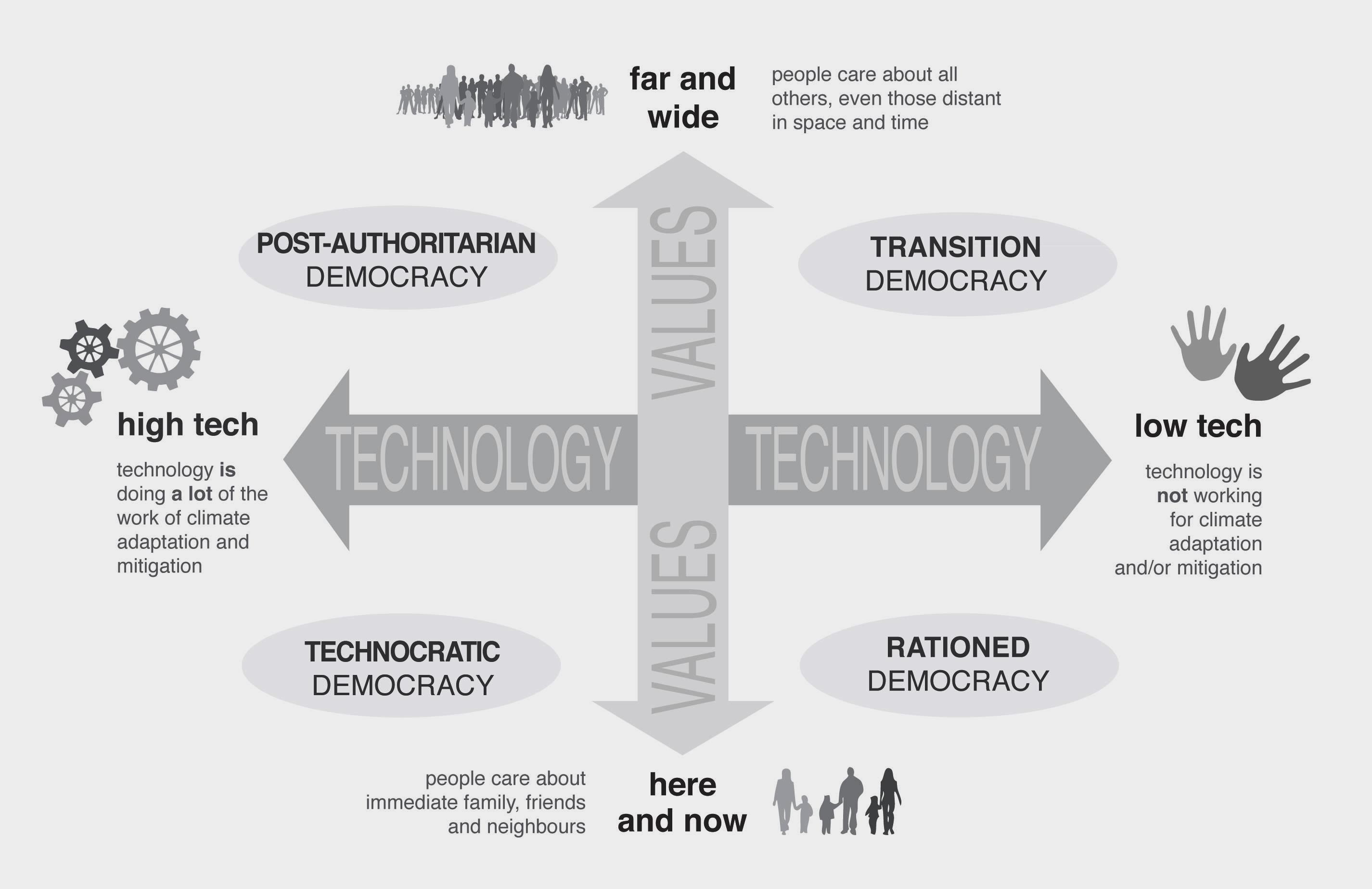
by Andrea Westall | Jan 20, 2016
This report summarises and updates the analysis and practical implications of previous FDSD work on the The Future of Democracy in the Face of Climate Change. It investigates the links between democracy and climate change, as well as the drivers of change that might...
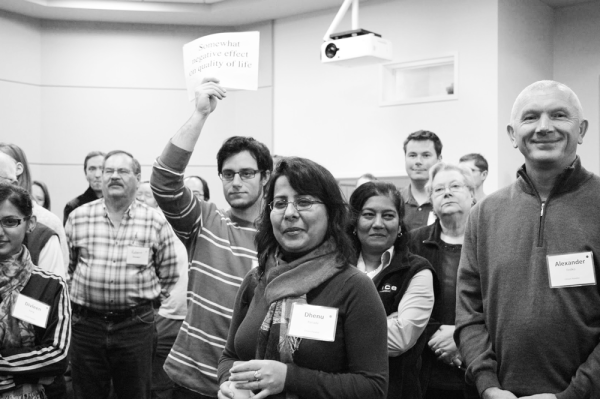
by Andrea Westall | Jan 20, 2016
This report suggests that deliberative democracy is a collaborative and effective way to develop the concerted, ambitious and creative action needed to respond to climate change. Drawing on the work of Alberta Climate Dialogue (ABCD) in organizing mini-publics, it...

by Andrea Westall | Jan 19, 2016
Simon Burall argues that in relation to climate change, “the public debate is almost exclusively framed in scientific terms”. In order to “take the comprehensive action needed” government needs to recognise other forms of evidence and give them...
by Cat Tully | Oct 13, 2015
In her FDSD Provocation, Cat Tully argues that two elements of SDG 16: “responsive, inclusive, participatory and representative decision-making” as well as “effective, accountable and inclusive institutions” are essential for the achievement of...

by Cat Tully | Jun 22, 2015
There is an opportunity now for the Government to learn from the comprehensive Well-being of Future Generations (Wales) Act and establish an early form of a Future Generations Commissioner for the whole UK by October’s Budget. The danger is that in the forthcoming...
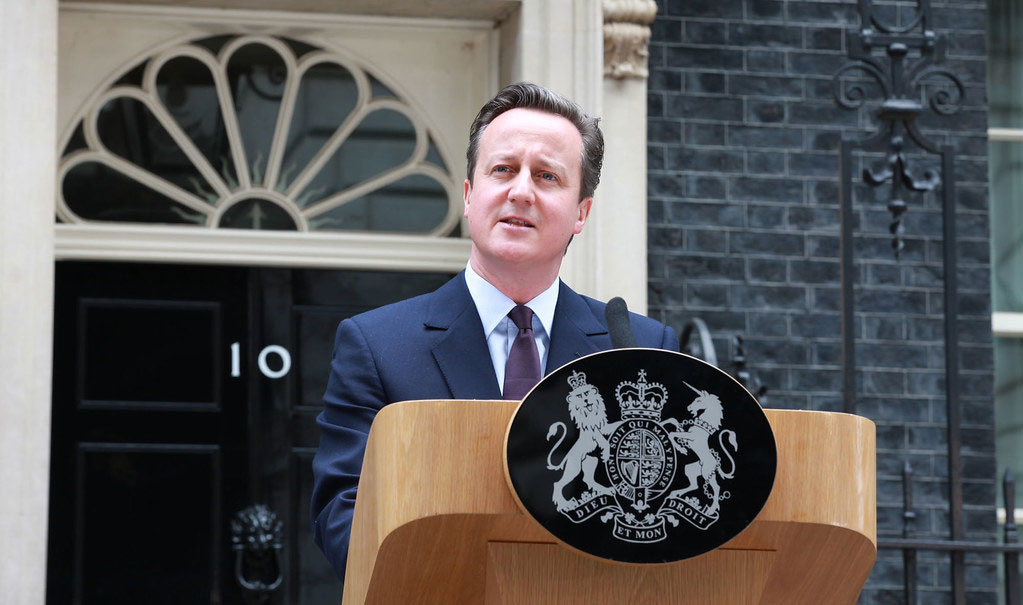
by Andrea Westall | Jun 21, 2015
John Lotherington audits the election campaign to find how far discussion about future generations and sustainable development could be heard above the electoral din. Future generations were important in the election if all that mattered was the national debt. The...

by Graham Smith | Apr 23, 2015
An Office for Future Generations is an independent institution designed to promote long-term interests in the political process. A small number of examples exist in countries such as Hungary – and very soon Wales. This report, first published in 2015, supports the...
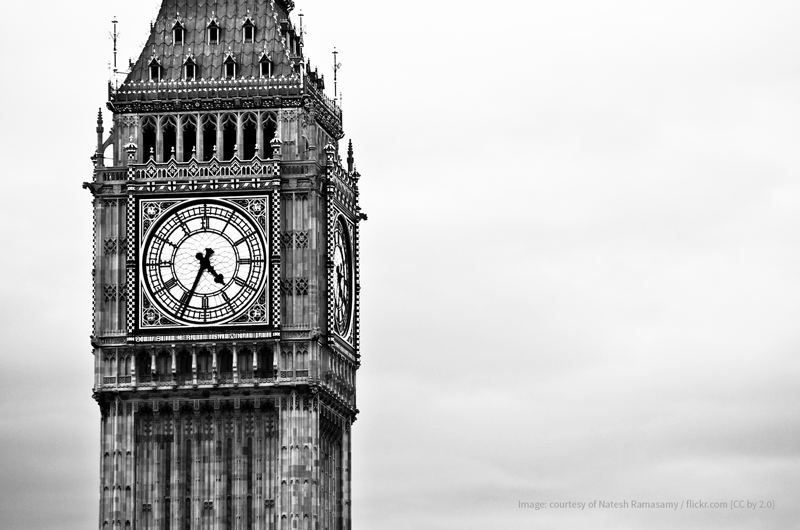
by Andrea Westall | Aug 28, 2014
FDSD submitted a response on 1st September 2015 to the Environmental Audit Committee’s consultation on The Government’s Approach to Sustainable Development. The EAC’s consultation aims to stocktake the current UK Government approach to sustainable...

by Andrea Westall | Jul 21, 2013
Robert Seddon believes that while the ethics underpinning western liberal democracy tend to be based on individuals, we only extend this concern to, for example, animals if we see them sharing morally significant traits. And broader ecological problems, are systemic,...
by Andrea Westall | Nov 21, 2012
Nicolò Wojewoda asks whether we can draw lessons about the strengths and limits of unelected government from the recent Italian experience of technocracy, not party political government. Mario Monti became Italian Prime Minister of a technocratic government to deal...
by Andrea Westall | Oct 21, 2012
Halina Ward argues that a core challenge is to balance national strategic priority-setting with local community engagement. Using the example of on-shore windfarms, she sets out the questions that need answering: what processes of deliberation?, how far can local...
by Andrea Westall | Oct 21, 2012
FDSD, as part of the Alliance for Future Generations, joined international non-governmental organisations (NGOs), in urging UN Secretary-General Ban Ki-moon to give priority, and proper resources, to a report on intergenerational solidarity and future generations, as...
by Andrea Westall | Sep 21, 2012
This paper reviews the literature on the drivers of voluntary social and environmental standards-setting, their relationship with the multilateral trading system, the link with national public authorities, as well as suggesting implications for the roles of public...
by Andrea Westall | Mar 21, 2012
Halina Ward built on The Mandate of a UN High Commissioner for Future Generations to further outline powers and responsibilities, building on commitments that UN member states have already made; how the role might evolve over time; and where it could be sited. Annexes...
by Andrea Westall | Feb 21, 2012
Published by FDSD and the World Future Council, this paper was written to help UN member states and international organisations prepare for “Rio+20”, the 2012 UN Conference on Sustainable Development, suggesting specific powers and responsibilities. The authors...












